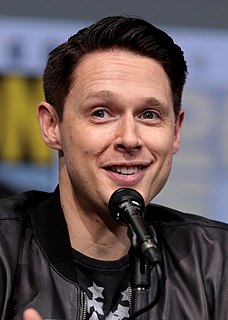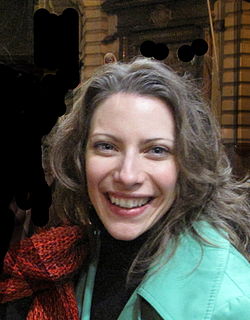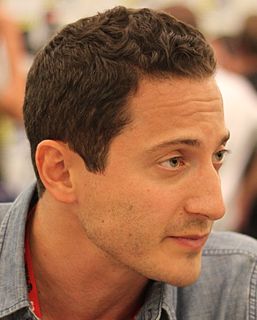A Quote by John Cameron Mitchell
London is the English-speaking theatre capital.
Related Quotes
It's a beautiful city, and the waterfront area is fantastic. I haven't had time to visit the theatre, but I find it remarkable that Toronto has the third-largest English-speaking theatre district in the world, after New York and London. I once noticed a fellow sitting on a bench, then I realized it was a statue of Glenn Gould. It's very realistic.
It's incredible how London-centric the theatre world is. Certain actors won't travel away from London anymore for work; practitioners often aren't taken seriously enough unless their work is seen in London; and it's sometimes very difficult to get national critics to review shows - especially if there's a clash with a London press night.
I hope it's always going to be a mix between theatre, film and radio. I've been very lucky living in London that you can do all that - in New York and L.A., there's more of a structure for film in L.A. and theatre in New York. In London, our industry is smaller, but it produces brilliant work all in one place.
Most English speakers do not have the writer's short fuse about seeing or hearing their language brutalized. This is the main reason, I suspect, that English is becoming the world's universal tongue: English-speaking natives don't care how badly others speak English as long as they speak it. French, once considered likely to become the world's lingua franca, has lost popularity because those who are born speaking it reject this liberal attitude and become depressed, insulted or insufferable when their language is ill used.
I went to theatre school for four years and just wanted to do theatre. I had no ambition to be on TV or to be on camera. I just wanted to go to New York or London and be on stage... I did a lot of theatre in Montreal, got involved in TV in Toronto and then moved to L.A. I hope that film and TV will take me back to theatre.
James Joyce's English was based on the rhythm of the Irish language. He wrote things that shocked English language speakers but he was thinking in Gaelic. I've sung songs that if they were in English, would have been banned too. The psyche of the Irish language is completely different to the English-speaking world.




































